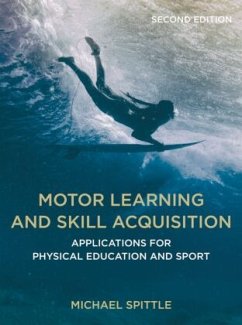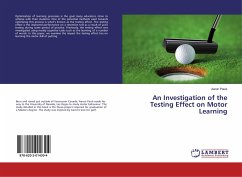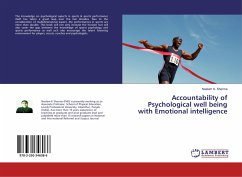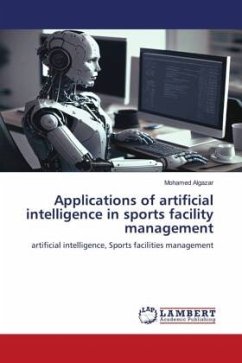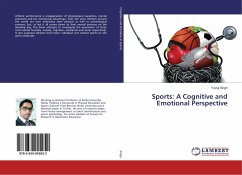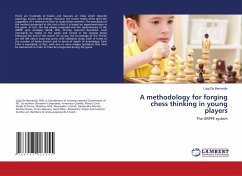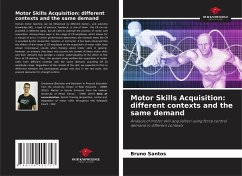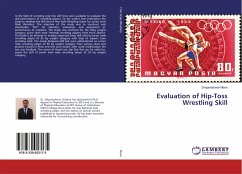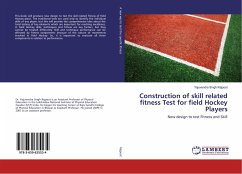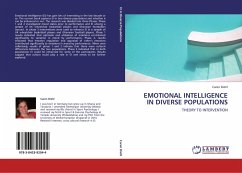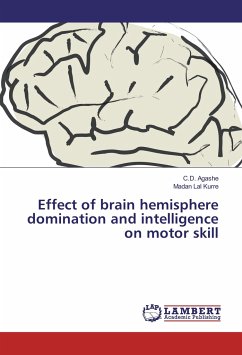
Effect of brain hemisphere domination and intelligence on motor skill
Versandkostenfrei!
Versandfertig in 6-10 Tagen
49,99 €
inkl. MwSt.

PAYBACK Punkte
25 °P sammeln!
Motor learning is a process of acquiring, completing and using motor information, knowledge, experience, and motor programmes (Adams, 1976). It is closely connected with mental abilities, motor abilities, foreknowledge, the cognitive and connative characteristics of an individual as well as his familiarity with the theoretical bases of movement technique. Based on Hay's biomechanical studies (1985), it may be ascertained that running, as the most elementary manifestation of human motor abilities, involves more than 80 muscle groups and 46 bones of the locomotor system. To facilitate the correc...
Motor learning is a process of acquiring, completing and using motor information, knowledge, experience, and motor programmes (Adams, 1976). It is closely connected with mental abilities, motor abilities, foreknowledge, the cognitive and connative characteristics of an individual as well as his familiarity with the theoretical bases of movement technique. Based on Hay's biomechanical studies (1985), it may be ascertained that running, as the most elementary manifestation of human motor abilities, involves more than 80 muscle groups and 46 bones of the locomotor system. To facilitate the correct performance of a motor action, optimal coordination of movements is necessary. Hence, in the present investigation researcher decided to assess motor learning which is also referred as motor educability of Indian adolescents between 12 to 15 years in the light of brain hemisphere dominance and their cognitive ability i.e. intelligence.



